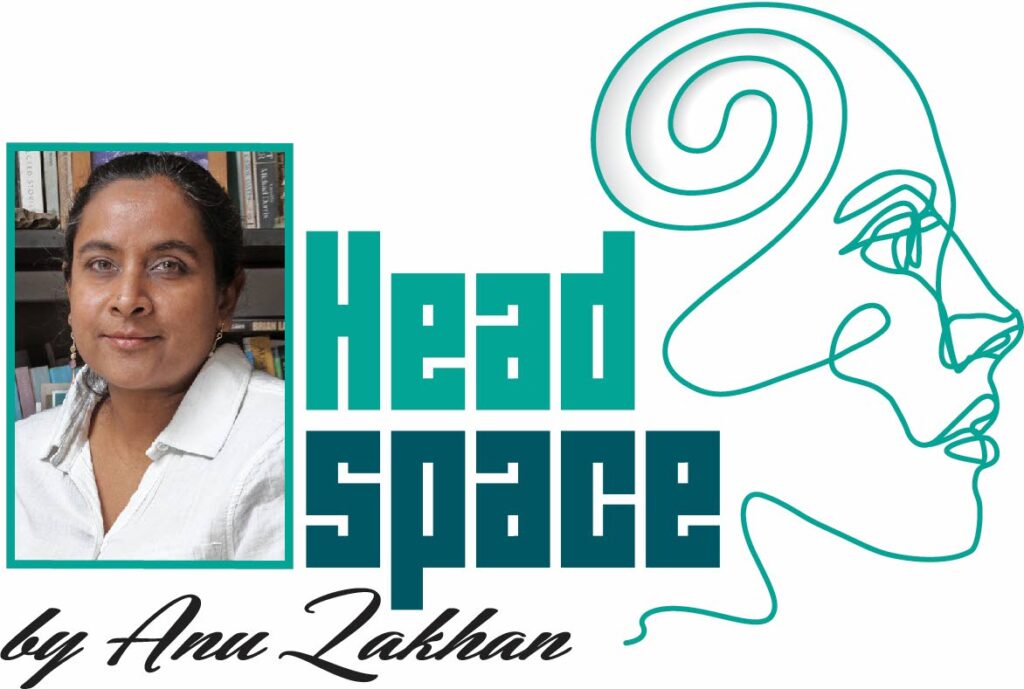Everything is amazing: On the death of criticism

There are lots of sports at which we do not excel. We are not great at the tourism game. We are terrible at keeping roads in decent repair, and we have no idea how to stand in line for anything. And I have recently had word that no one knows where all the capybaras have gone. But. But in this country you will find the best ole talk. I know of no better.
Everyone thinks their way of talking, joking, mocking, scoffing, arguing, gossiping is unique, sparkling. It is a thing over which I have no control.
We live lives rich in picong, satire and comess. We talk about everything and everyone. And we know about everything and everyone. A natural extension is that we’re no different from the rest of the planet in thinking we are allowed an opinion about these everys.
So what I want to know is, how come we don’t fight harder to have a healthy culture of criticism? I don’t mean oh-God-what-were-you-thinking-wearing-that-shirt? We don’t need encouragement to criticise. Criticism in the analytic sense. In the looking at, or listening to, or experiencing something, and assessing whether we find it good or bad or both, asking questions about it, and – hark – discussing it.
Criticism exists in the academic world. It can be a lengthy, nasty, brutal business, but it is an essential one. If you publish scholarly material and no one reviews it, does it really exist? In that world, not having your work evaluated is worse than having it read and found wanting. That is the power of discourse and analysis for the work that underpins a solid piece of research.
Books, paintings, film, music, dance, theatre – all arts – are reviewed. They’re just not reviewed a whole lot by us. This needs a bit of qualification, because I know you’ve seen some fine writing in local publications that fall under the review banner.
Soca, pan, mas, all the Carnival competitions – they need to be properly studied and written about. They need to be judged. Not by the judges, but by public opinion and by those who have given their lives to observing and studying. How will this come to pass (it barely comes to pass now) if we don’t do it in the traditional places?
The thing is, somewhere along the way we stopped having permission to offer balanced discussions about anything. Everything, for some inexplicable reason, has become wonderful, great, amazing, and such like.
No show by a visual artist is anything less than stunning. No performance fails to wow its audience. No book is less than a must-read. How? How is this possible? This cannot be possible. The only world in which everything is so perfect is brochures. You are entitled to like something. You can love something. I have written reviews for books I’ve adored.
But I’ve also had to write when I saw flaws. And you don’t want to be mean, but you have a job to do, and maybe you have a sense of responsibility, so you try to do things to start a discussion. You give what used to be called “constructive criticism,” but is now referred to as “what the woman who hates me wrote.”
Not in my time, Derek Walcott covered the arts scene for the Trinidad Guardian. Not only did he go in for a bit of the analysis and opinion, he would, if he felt it was called for, cheerfully shred something. He was not always the great man. He was once a guy – himself doing some theatre, some poetry – who knew something about the scene he was covering and was willing to talk openly.
I’m all for cheerleading. It’s rewarding work if you can get it. But let’s be clear about what it is. By a categorical reluctance to admit to mediocrity or not-goodness, we accept low standards, monotony and unchecked plagiarism. We accept that whatever people give us is ok.
Is it ok because we don’t know better? I doubt. When did we get either scared or an order from on high?
Writers and other commentators have been vilified for daring to snub a book or beloved musician. It’s a very strange thing to behold. Many of the people shouting loudly are the same ones who will also shout that freedom to express other kinds of opinions should not be suppressed.
Without healthy criticism we give away our power. We create a world in which a small group of people get to decide what is art, what stays, what sells, at what cost. The critic is us. That is kaiso. That is ole’ mas. But we can’t only keep it there. We have to be prepared for it in the rest of the gayelle.
In these days when art may be the thing that saves many of us, let us look to our better selves. Or at least to the selves that don’t lie to themselves.
HeadSpace may not always focus on a disorder or condition, but your mental health is always on our minds. In this short Carnival season, if you’re feeling alienated from your peers or environment, if you’re feeling out of your element, please ask for help.


Comments
"Everything is amazing: On the death of criticism"